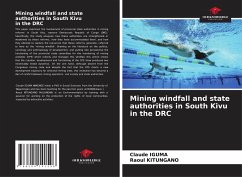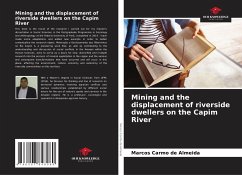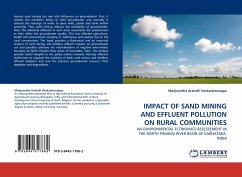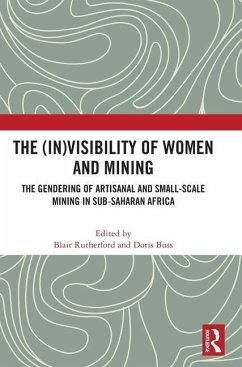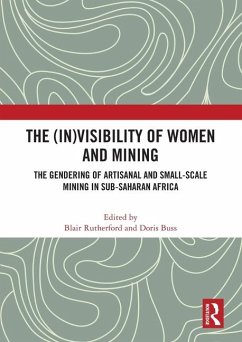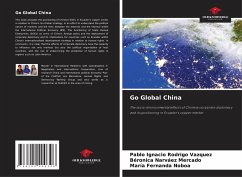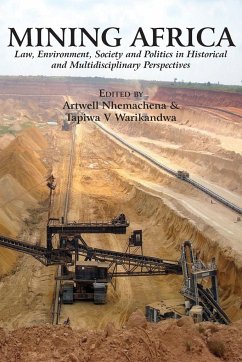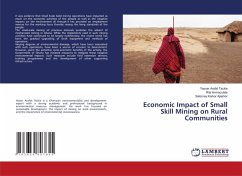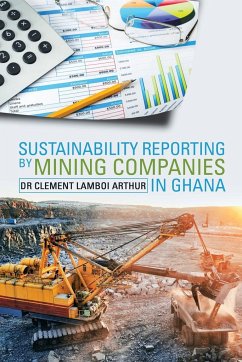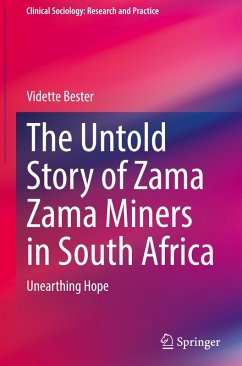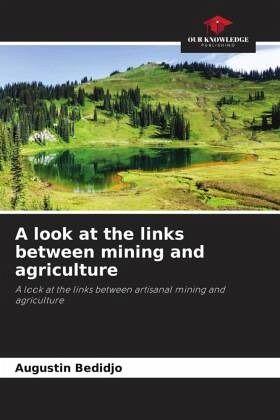
A look at the links between mining and agriculture
A look at the links between artisanal mining and agriculture
Versandkostenfrei!
Versandfertig in 6-10 Tagen
29,99 €
inkl. MwSt.

PAYBACK Punkte
15 °P sammeln!
As one of the DRC's mineral-rich provinces, Ituri first experienced industrial exploitation of its minerals before experiencing the emergence of artisanal mining, caused by the liberalization of artisanal mining, which caused a gold rush in the hope of earning an income to meet their needs. However, this hope is increasingly fading due to the reforms undertaken in the DRC's mining sector since 2002. Some of these reforms are forcing artisanal miners to move to non-productive mining sites or to shift to other alternative activities. Agriculture is at the forefront of proposed alternative activi...
As one of the DRC's mineral-rich provinces, Ituri first experienced industrial exploitation of its minerals before experiencing the emergence of artisanal mining, caused by the liberalization of artisanal mining, which caused a gold rush in the hope of earning an income to meet their needs. However, this hope is increasingly fading due to the reforms undertaken in the DRC's mining sector since 2002. Some of these reforms are forcing artisanal miners to move to non-productive mining sites or to shift to other alternative activities. Agriculture is at the forefront of proposed alternative activities, although it is considered by miners to be an insufficient source of income. As an agricultural province with enormous agricultural and mining potential, can artisanal mining not be used as a means to revive agriculture by creating economic links with it? It is in this perspective that the second part of this publication is written.



